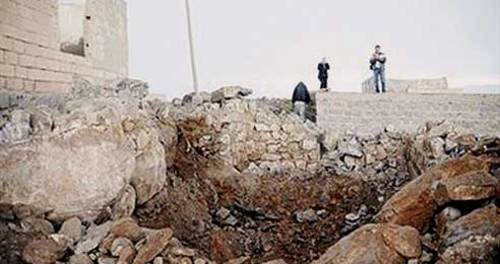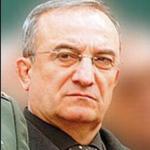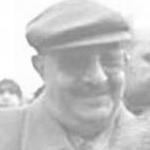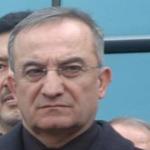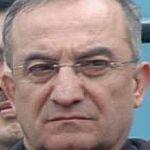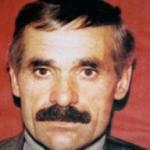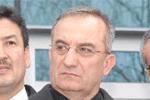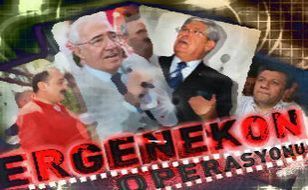More people are moving to join the case as third party plaintiffs, in the case against Colonel Cemal Temizöz, former commander of JİTEM, the clandestine gendarmerie intelligence anti-terrorism unit accused of carrying out extrajudicial killings,
Reportedly, the family of Hasan Ergul, whose family only found his body after 14 years, is determined to join the case. Their lawyer, Serdar Çelebi, told bianet that the family had filed a criminal complaint against Temizöz in Malatya before, and that they were considering joining the case in Diyarbakır.
More murders will be connected
Tahir Elçi, a lawyer for families of the murdered victims listed in the indictment, said that the current indictment only named 20 people who were murdered, but that the prosecution was investigating another 20 or so murders. A second indictment is thus expected.
The court case is concerned with the period between 1993 and 1996, when Temizöz was gendarmerie commander in Cizre, a district in the Kurdish-majority province of Şırnak in the southeast of Turkey.
However, lawyer Elçi pointed out that Temizöz was later commander in Diyarbakır and argued that the case should lead to the investigation of hundreds of extrajudicial killings in Diyarbakır, Silopi, Şırnak and Van.
Indeed, Nuşirevan Elçi and Mehmet Emin Aktar, presidents of the Şırnak and Diyarbakır Bar Associations respectively, had previously told bianet that they were planning to join the case with applications from relatives of missing persons.
The court case, in which Temizöz and five others, members of JİTEM or village guards, will be tried, will begin in Diyarbakır on 11 September.
Secret witnesses reported to have withdrawn statements
According to the Hürriyet newspaper, two secret witnesses, code-named "biro" and "street lamp", have withdrawn previous statements after finding out that rather than being taken into a witness-protection programme, they have been shown as defendants in the case.
However, lawyer Tahir Elçi argued that even if the witnesses withdraw their statements, this does not mean that the statements cannot be used as evidence.
"The statements were taken when the persons were suspects, and not yet defendants. Statements that are taken without forcing a person to accuse themselves and with constitutional rights are evidence."
He added that prosecutor Ergun Tokgöz' indictment was not only based on the statements of these two persons, but also contained statements by relatives of disappeared persons and evidence found in excavations.
Elçi believed that the withdrawal of statements was a sign that the secret witnesses felt under threat. (TK/AG)





